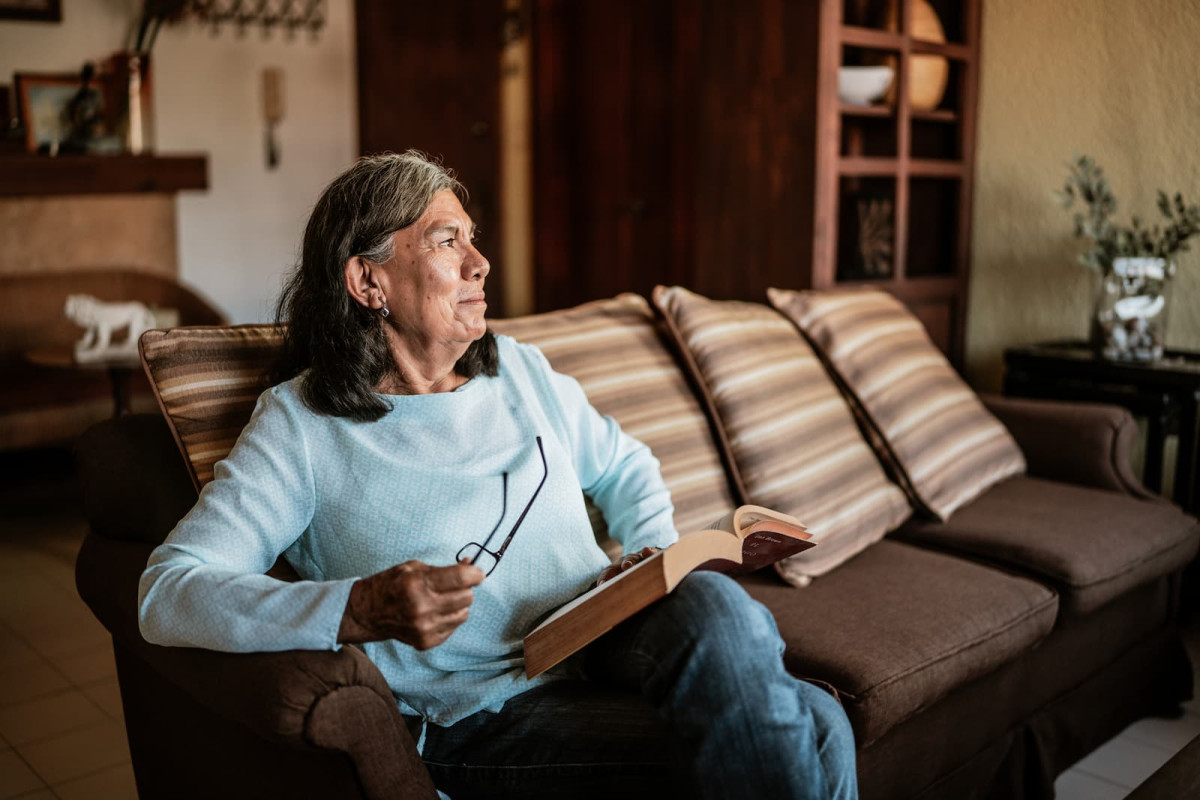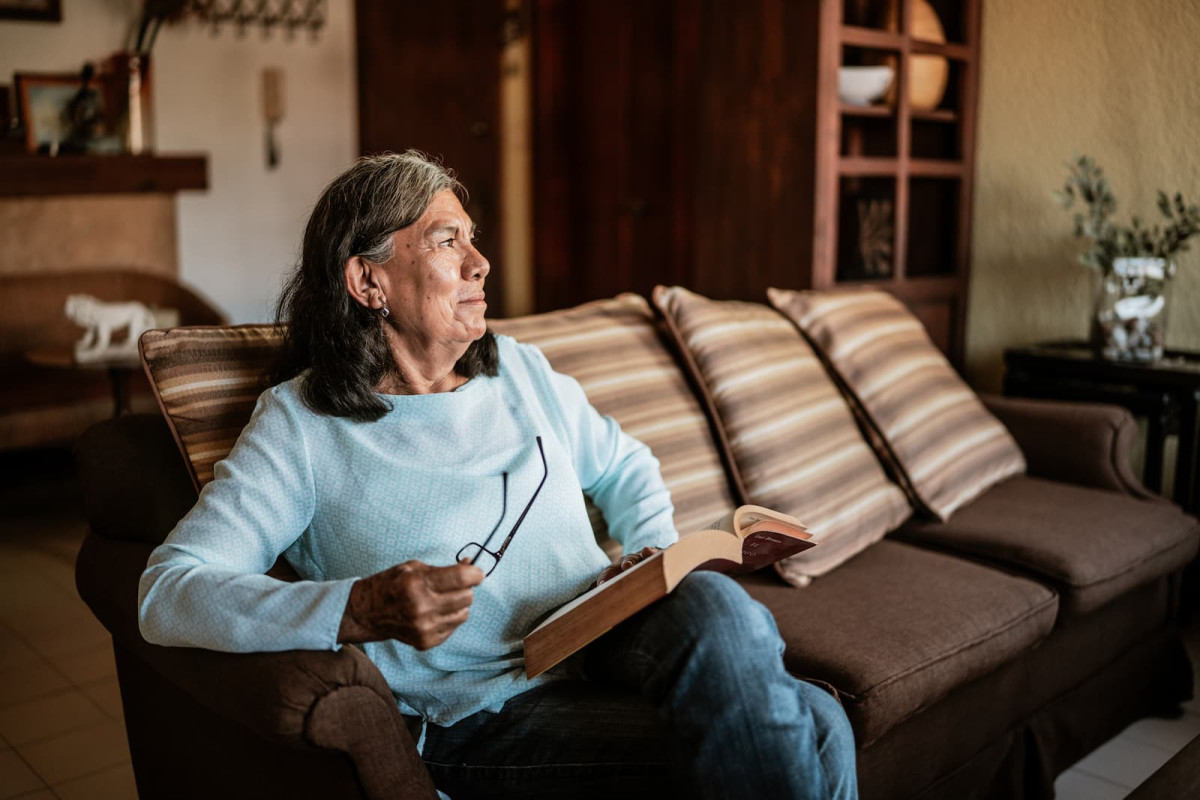Every person has a story worth telling. Years of life experiences, challenges, triumphs, and cultural change shape who we are, and preserving these stories through memoirs is a priceless gift to future generations. Without them, family traditions and historical insights can easily fade away. Memoirs allow families to connect more deeply with their roots, providing context for values, traditions, and even everyday habits that otherwise might be forgotten.

Beyond preserving legacy, sharing your story offers personal benefits. Writing or recording memories can bring healing and reflection, allowing you to process challenges, appreciate blessings, and find peace in unresolved matters. For older generations, it’s also a chance to pass down firsthand accounts of historical events — from civil rights struggles to technological revolutions — that profoundly shaped society. Younger generations cannot truly grasp these times without hearing from those who lived through them.
Starting a memoir may feel intimidating, but it doesn’t have to be. Overcoming “blank page fear” can be as simple as pulling out photo albums, yearbooks, or letters to spark memories. From there, capturing even a small story can be the beginning of a meaningful journey. Tools such as Storyworth, journaling, or even audio/video recordings make the process more approachable.
Memoir-writing doesn’t require perfection. Focus on themes, such as childhood, career, or travel, or simply follow a chronological timeline. Prompts like “What was your first job?” or “Where were you during a major historical event?” can make the process easier. Honesty matters, but being gentle and mindful of others’ privacy keeps stories meaningful and respectful.
At Victoria Landing, residents are encouraged to share their stories through activities like Memory Lane Chat, where conversations spark recollections and friendships. These shared stories create bonds, laughter, and understanding while leaving behind a lasting family treasure.




